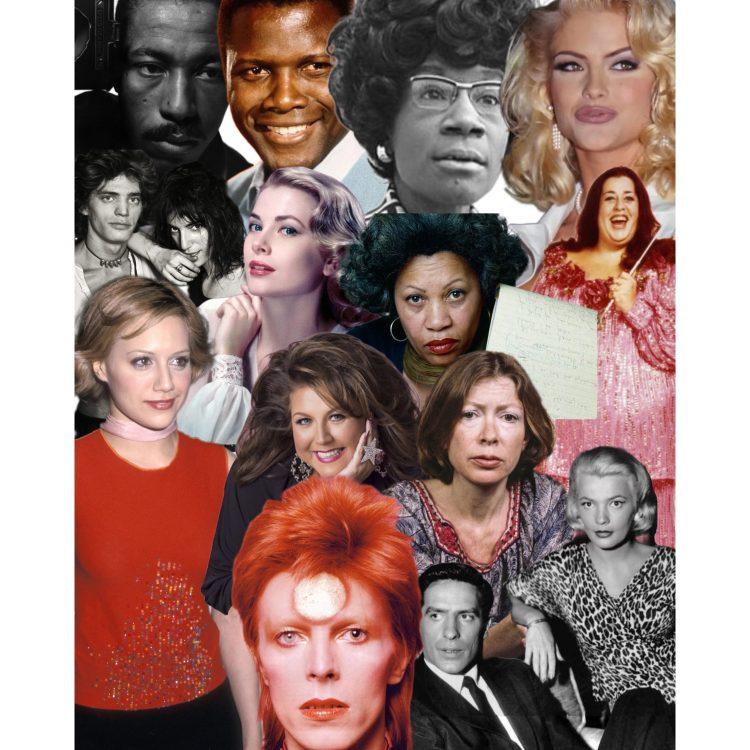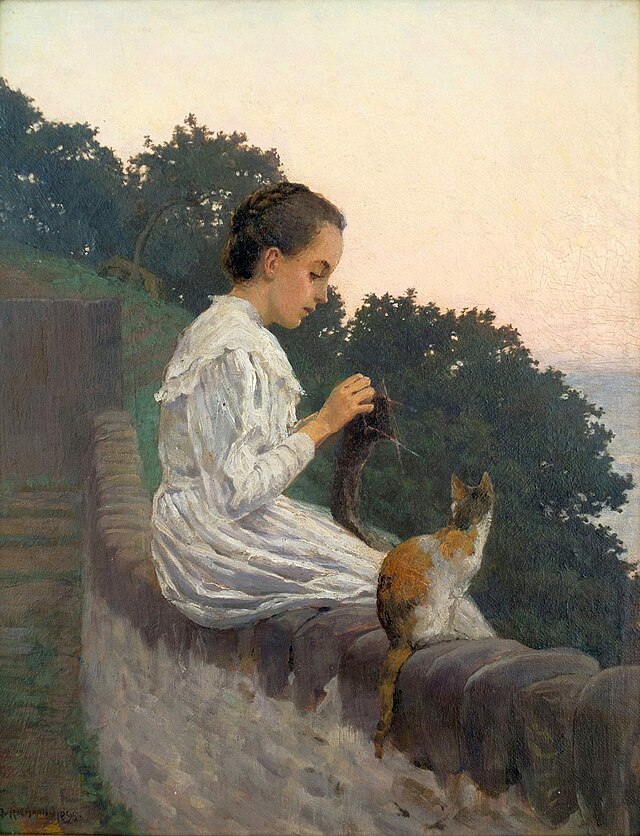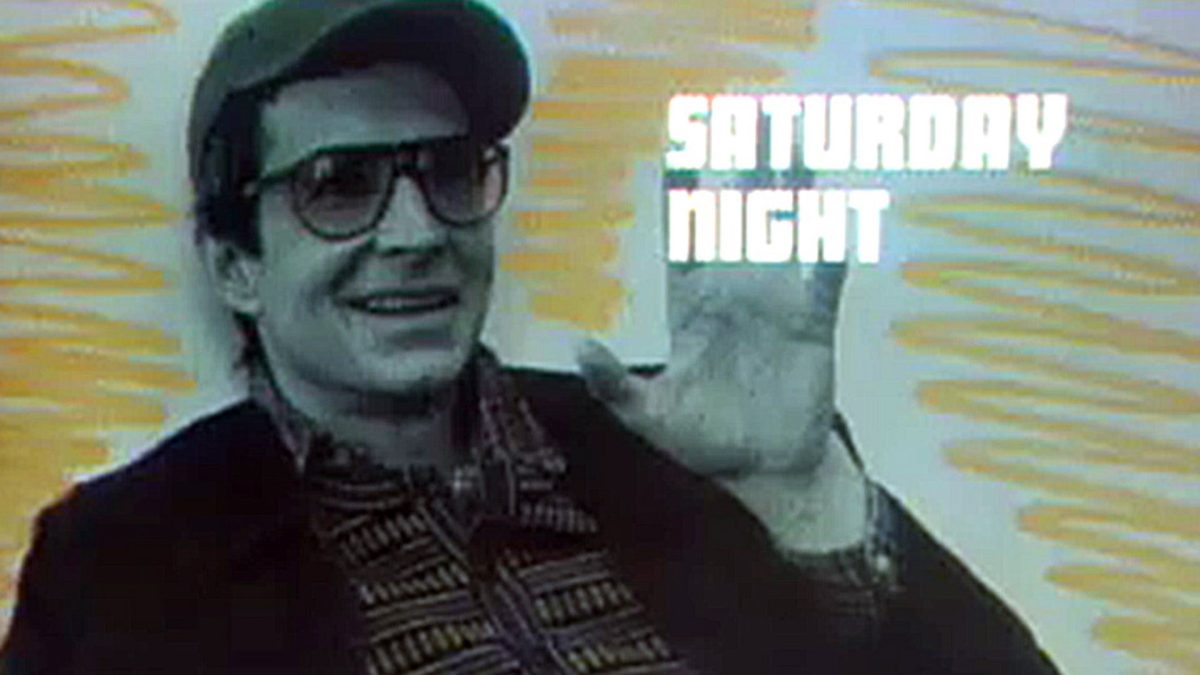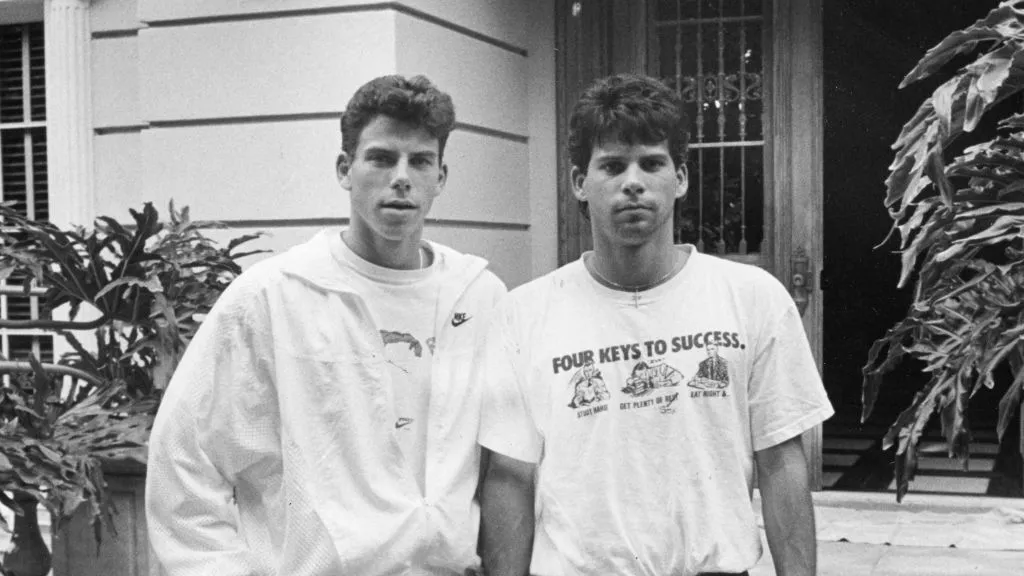Biopics have become exceedingly popular in the 21st century. It has become such a vast genre that it even has its own sub-genres. For example, there are historical biopics like “Hidden Figures” (2016), and more recently “Oppenheimer” (2023) as well as celebrity biopics like “Bohemian Rhapsody” (2018), “Rocketman” (2019), and “Elvis” (2022). No matter who or what the subject of a biopic is, it’s sure to get some buzz and can almost always guarantee an Oscar for the actors and filmmakers that are involved in making them. And, with the recent success of Sofia Coppola’s “Priscilla” (2023), the genre doesn’t seem like it will be slowing down anytime soon.
Some films, such as Andrew Dominik’s “Blonde” (2022), have raised questions about the ethics of the biopic film. How do we make these films in a manner that is tasteful, truthful, and respectful to the film’s subject and story? Others, such as “I, Tonya” (2017), have been the target of both acclaim and criticism as a result of their chosen subjects. Who deserves for their story to be told and should we be further platforming figures as controversial as Tonya Harding? Hollywood still seems to be figuring out the answers to these questions.
But in honor of the upcoming biopics focused on Ronnie Spector, Bob Dylan and Madonna, here are six biopics we think Hollywood should make:
John Cassavetes and Gena Rowlands:
Frequent collaborators throughout the course of their 35-year marriage, actress Gena Rowlands and actor/director John Cassavetes created some of the most influential works of independent American cinema during the latter half of the 20th century. In a similar vein as Steven Spielberg’s semi-autobiographical “The Fabelmans,” a biopic focused on this pair could present an opportunity to explore their dynamic style of filmmaking in parallel to their personal stories.
Gordon Parks:
Another eminent artist of the 20th century, Gordon Parks’ journey from his childhood in segregated Kansas to his life as an established artist in New York City is a story that demonstrates the radical changes which occurred in the worlds of photography and Hollywood throughout his lifetime, many of which he brought about himself.
Parks’ self-taught photography, which could serve as a unique medium to accompany a biographical film, depicted everything from the reality of a segregated American society to the opulence of mid-20th century fashion. It would be especially fascinating to focus on the making of Parks’ film “Shaft,” which cemented him as one of the co-creators of the blaxploitation genre.
Joan Didion:
With Joan Didion lies a unique chance to hone in on one of her numerous essays (or books). Cradle to grave approaches to a biographical film can certainly be effective, but by working off of Didion’s own journalistic work, filmmakers could juxtapose Didion’s own subjective view with the — still, subjective — perspective of their own. “Slouching Towards Bethlehem,” Didion’s first book and collection of essays, documents the countercultures of 1960s America in addition to her own developments as an individual, could be a great framework for a brief yet impactful film.
Cass Elliot:
Cass Elliot made quite an impact on the music industry in her short life. But the industry she loved and gave so much of herself to didn’t love her back.
During her time in the music industry, Elliot was subjected to constant fatphobia from the media. Elliot had tried to lose weight many times throughout her life, and she decided to try again towards the end of her life. When she began pursuing a solo career in music, she was on a dangerously unhealthy diet. The extreme diet she was on put extra stress on her heart, which ultimately caused her death. Despite the facts, however, the media spread around a vile rumor that Elliot died from choking on a ham sandwich, a fatphobic urban-legend that implies that Elliot’s diet and love for food was so robust and uncontrollable that it killed her.
Cass Elliot was a star whose legacy is still defined by the fatphobia she faced during her life. Her story is yet another case of women not being given autonomy over their identities and their bodies. But her story could be redefined to represent the identity of a talented musician that Elliot wanted for herself if adapted by the right filmmaker.
Abby Lee Miller:
Abby Lee Miller started her dance company at just fourteen years old and eventually trained dancers who made it big on Broadway and as commercial dancers in the entertainment industry. But nothing compared to the success she gained when Lifetime decided to air “Dance Moms”, a reality television series about her dance studio.
The idea of the original Dance Moms was nothing short of genius storytelling about an American subculture so niche that it was almost ethnographic. There are some pretty notable moments and elements of the show — such as Miller’s cruelty towards her dancers, her hostile relationship with the dancers’ mothers, and even physical altercations between Miller and some of the other cast members. The show’s growing popularity enabled Miller’s behavior and her original team began dropping like flies, some of the girls even filing lawsuits against Miller for emotional distress. At her peak, it seemed like nothing could bring Miller down from the shiny throne she sat on. But in 2015, the Department of Justice indicted Miller for fraud, revealing her hiding up to $755k in income and ultimately leading to her serving a year in prison.
A biopic that tracks Miller’s rise and fall from grace could be an interesting chance to show greed’s ability to cloud one’s ability to act in an ethical manner. It would also be a chance to explore what led to Abby Lee Miller’s harsh and abusive behaviors — a question that still has yet to be answered.
Toni Morrison:
The growing effort of American conservatives trying to erase stories that offer diverse perspectives also presents a side effect of erasing the important voices behind those perspectives. Lawmakers have introduced hundreds of new laws with the intention of censoring certain topics like race and sexuality. This has made it even more important to protect the voices behind those stories. One of the voices we need to protect and preserve for future generations is Toni Morrison.
The Ohio native was raised in a family that deeply valued Black literature and culture. Storytelling, folklore, and singing were extremely important to her upbringing. Morrison attended both Howard University and Cornell University. She eventually went on to teach at several institutions including Princeton University and her alma mater Howard University. During her life, Morrison wrote some of the most important pieces of literature to the Black community, including The Bluest Eye (1970), Song of Solomon (1977), and Beloved (1987). But unfortunately, state lawmakers today seek to ban Morrison’s works from school libraries, robbing an entire generation of the opportunity to access one of the most important writers of our time– widening the gap that already exists in American literature.
A biopic centered around Morrison’s growth into the gifted storyteller she was — and how she brought her ideas to life — would further immortalize both Morrison and her works.
Honorable mentions:
- Anna-Nicole Smith
- Shirley Chisholm
- Sidney Poitier
- Grace Kelly
- Brittany Murphy
- Patti Smith and Robert Mapplethorpe
- David Bowie







